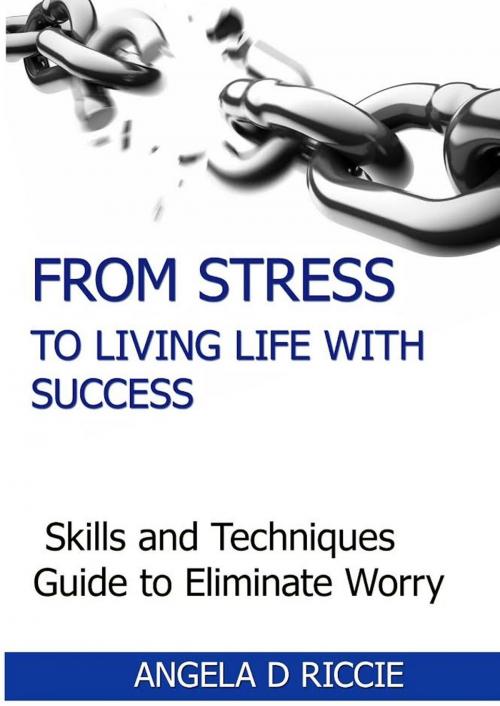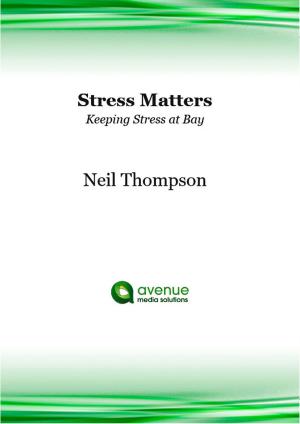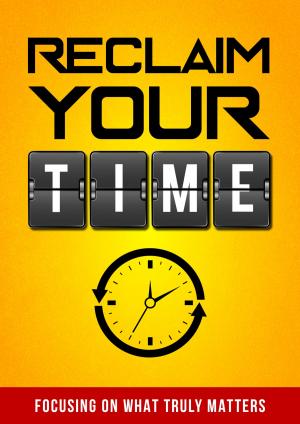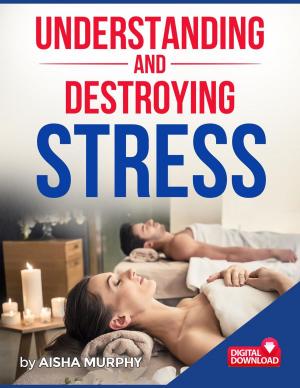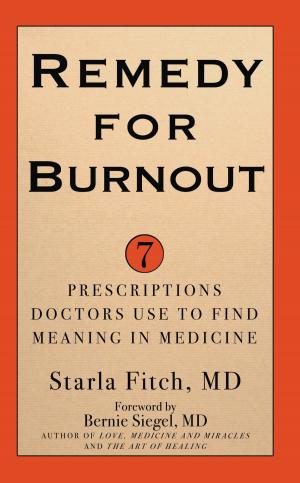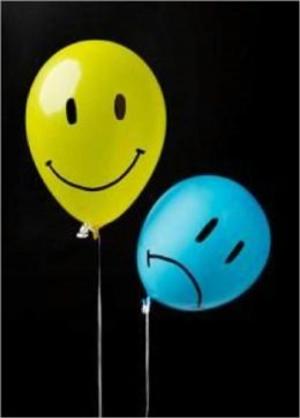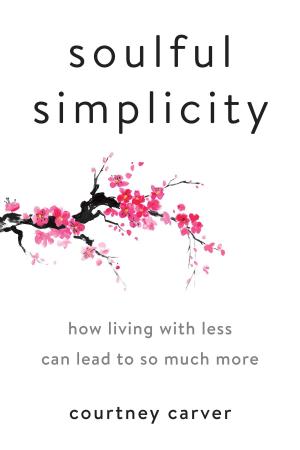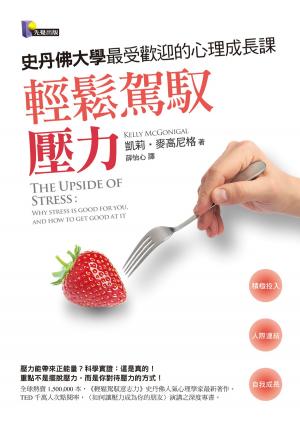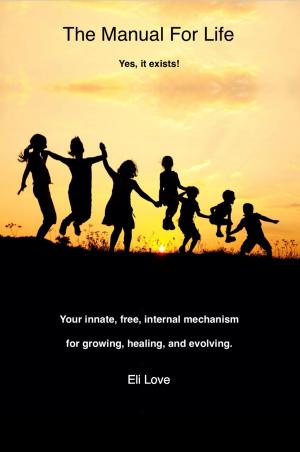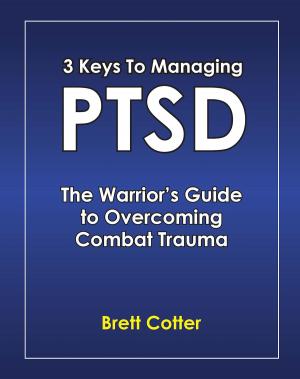From Stress To Living Life With Success
Nonfiction, Health & Well Being, Psychology, Mental Illness, Self Help, Self Improvement, Stress Management| Author: | Angela D. Riccie | ISBN: | 9781370944859 |
| Publisher: | Angela D. Riccie | Publication: | November 15, 2016 |
| Imprint: | Smashwords Edition | Language: | English |
| Author: | Angela D. Riccie |
| ISBN: | 9781370944859 |
| Publisher: | Angela D. Riccie |
| Publication: | November 15, 2016 |
| Imprint: | Smashwords Edition |
| Language: | English |
Stress is a normal response to difficult situations. We often confuse it as some form of mental pressure caused due to our own inability to deal with things. However, this is not what it is. Stress is not an action, it is a reaction. Stress is our reaction to various external factors. There are several types of stress and several ways to cope with stress. Each type of stress is reviewed as well as how you can learn to cope with the stress uncovered.
The stress experience is one we can all relate to and which has shared qualities. Stress is the tension that we feel within us whenever we feel threatened. When we see something outside of us that is threatening, we tense up in reaction. Imagine yourself as a spring. However, if something unexpected happens that were not counting on, you react by tensing up your spring. This creates a tense feeling within. A tense reaction occurs both in our mind and in our emotions. In our mind where we observe what is happening, we interpret what we see as threatening. Our perception of a threat triggers an emotional reaction. The emotion that we often feel is fear.
Modern day stress is chronic. It is with us day in and day out. This type of stress takes its toll on our physical health. Stress is often referred to as the silent killer. We may or may not be aware of how our stress is affecting our health. However, the negative effects of stress on our health can be severe. Of all our organs, the first casualty of stress is usually the adrenal glands. Under the demands of chronic stress, the ability of the adrenal glands to respond can gradually decline. This is referred to as adrenal fatigue or adrenal exhaustion by clinicians.
Stress is a normal response to difficult situations. We often confuse it as some form of mental pressure caused due to our own inability to deal with things. However, this is not what it is. Stress is not an action, it is a reaction. Stress is our reaction to various external factors. There are several types of stress and several ways to cope with stress. Each type of stress is reviewed as well as how you can learn to cope with the stress uncovered.
The stress experience is one we can all relate to and which has shared qualities. Stress is the tension that we feel within us whenever we feel threatened. When we see something outside of us that is threatening, we tense up in reaction. Imagine yourself as a spring. However, if something unexpected happens that were not counting on, you react by tensing up your spring. This creates a tense feeling within. A tense reaction occurs both in our mind and in our emotions. In our mind where we observe what is happening, we interpret what we see as threatening. Our perception of a threat triggers an emotional reaction. The emotion that we often feel is fear.
Modern day stress is chronic. It is with us day in and day out. This type of stress takes its toll on our physical health. Stress is often referred to as the silent killer. We may or may not be aware of how our stress is affecting our health. However, the negative effects of stress on our health can be severe. Of all our organs, the first casualty of stress is usually the adrenal glands. Under the demands of chronic stress, the ability of the adrenal glands to respond can gradually decline. This is referred to as adrenal fatigue or adrenal exhaustion by clinicians.
